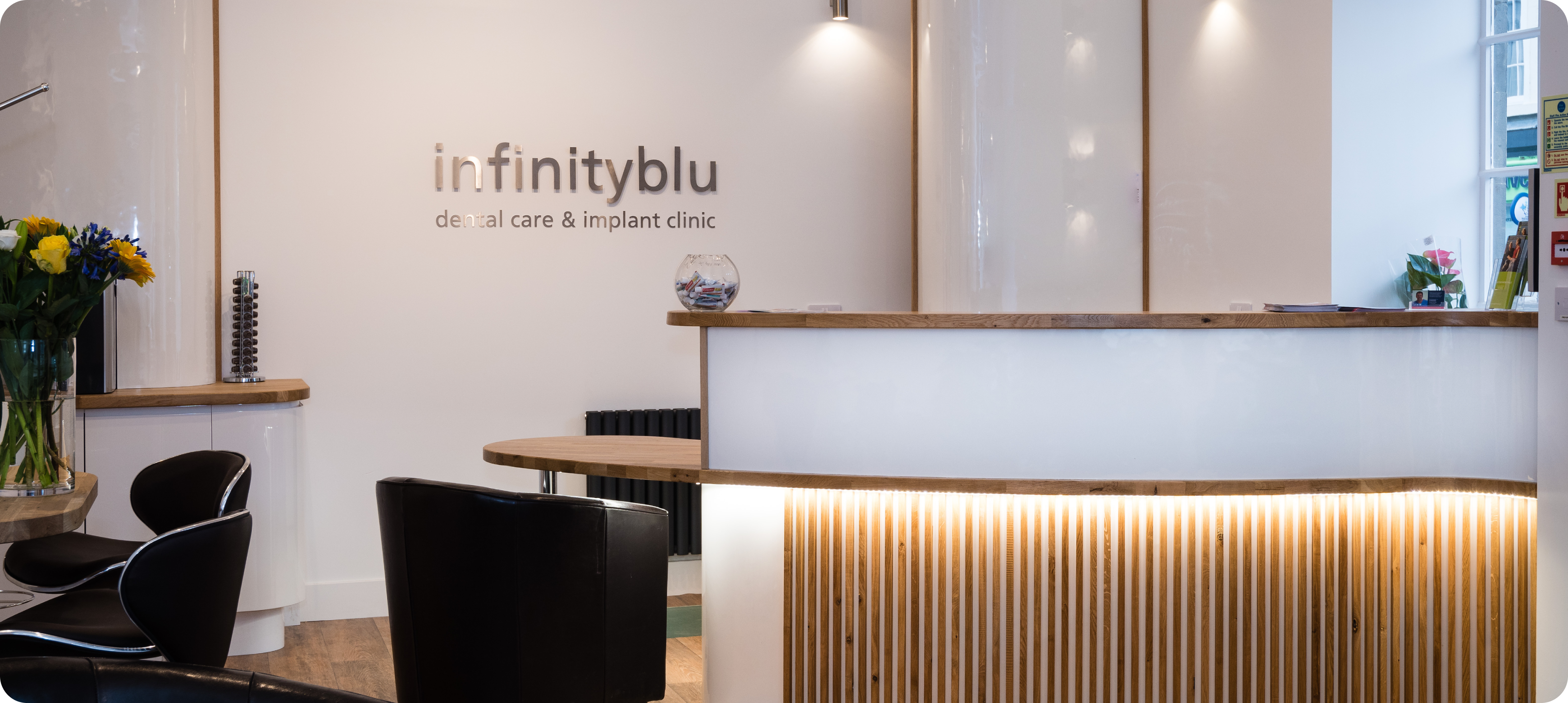Selling a dental practice starts with a clear plan and a realistic timeline to keep everything on track. Sorting out the financial and legal details early means each stage can flow smoothly, helping the practice maintain its value throughout the process.
This guide covers the key steps to keep the process clear and straightforward, covering the following:
- Defining timelines
- Understanding motivations
- Maximising profitability
- How much do dental practices sell for?
- Preparing financial and legal documents
- Getting an independent valuation
- Considering buyer options
- How to sell a dental practice quickly?
- Working with specialist advisors
- Preparing for due diligence
- Negotiating and finalising the deal
- Post-sale considerations
- Seamless payments for your next venture
- FAQs
How do I sell my dental practice?
1. Defining timelines
Timing matters when buying and selling a dental practice. The process can take up to a year, depending on the market, practice size, and buyer. Starting early allows time to handle challenges and get financial records and legal documents in order.
2. Understanding motivations
Before putting the practice up for sale, it’s important to consider motivations. People sell for a variety of reasons – retirement, a change in career direction, or simply to try something new. These reasons can affect not only the timing of the sale but also the type of buyer that’s most suitable.
When selling your dental practice, it’s helpful to align the sale with your personal and financial goals to ensure a smooth transition for the best way to sell a dental practice.
For example, those planning to retire might look for a buyer who’s ready to take over completely, while someone considering a career shift might prefer a buyer who allows for a gradual transition over time. Understanding the reasons for buying and selling a dental practice can help shape the direction of the sale and ensure that you find the right buyer.
3. Maximising profitability
To increase value, focus on improving profitability. Profitability, not just revenue, is key when valuing a dental practice. Buyers will often look at the Earnings before Interest, Tax, Depreciation, and Amortisation (EBITDA), which reflects the “cash” profit of the practice and plays a major role in determining its value. This can involve:
- adding services or improving patient retention while staying within the practice’s budget
- reducing unnecessary costs, such as renegotiating supplier rates
- streamlining operations.
Buyers pay attention to financial performance, so improving margins and efficiency can make the practice more attractive when finding the best way to sell a dental practice.
How much can you sell a dental practice for?
The value of a dental practice depends on a few things, including:
- annual turnover
- profit margins
- patient base
- location
- condition of the equipment.
When valuing a practice, these factors are key to setting a fair price. Generally, the more profitable practices with a strong patient base will fetch a higher price.
Preparing financial and legal documents
Organising financial and legal documents early is important as buyers will want to review everything from income statements to contracts. The main documents are covered below.
- Financial records for the last few years such as:
- Income statements
- Balance sheets
- Tax returns
Contracts with staff and suppliers should also be prepared early to avoid any hiccups when selling your dental practice.
Get an independent valuation
To really understand the value of a dental practice and set a fair asking price, a professional valuation is key. It looks at things like:
- financial health
- patient base
- location
- equipment.
An independent valuation helps attract serious buyers, ensures the practice isn’t under- or overvalued, and gives both sides confidence during negotiations.
Consider buyer options
It’s important to identify the type of buyer that best fits when selling a dental practice. Options include individual buyers who may prefer a hands-on role, or corporate groups and larger dental chains focused on expanding their portfolio. Each buyer type comes with its benefits.
It’s also crucial to look closely at each offer, thinking about the buyer’s financing and how quickly they can close the deal. Sometimes, a slightly lower offer can mean a faster and easier sale – and if speed is of the essence, it’s well worth weighing up your options.
Selecting the right buyer based on sale goals can make the process smoother too. Advertising the practice through specialist brokers or industry platforms can help attract buyers who align with the seller’s expectations when searching for dental practices for sale in the UK.
How to sell a dental practice quickly?
If you're wondering how to sell a dental practice quickly, preparing financial and legal documents early, getting an independent valuation, and working with specialist advisors can help speed things up.
Attracting the right buyer by advertising through industry brokers or platforms can also reduce time on the market.
Working with specialist advisors
Brokers, accountants, and solicitors play a key role in handling each step with expertise. While it might seem tempting to go it alone, working with specialists who understand the dental industry can help secure a better sale price and avoid potential missteps when selling a dental practice.
Brokers who specialise in dental practices for sale in the UK can help attract the right buyers as they understand the industry’s nuances, from valuations to compliance, and can navigate specific challenges. Engaging them early keeps the sale on track.
Preparing for due diligence
Due diligence is that all-important step where potential buyers take a closer look at your practice before sealing the deal. They’ll want to go through financial records, legal documents, and check that everything’s ticking the right boxes when it comes to regulations. These include:
- Financial records: Like income statements, balance sheets, and tax returns
- Patient data policies: To make sure everything’s in line with GDPR
- Contracts: For staff, suppliers, and any ongoing agreements
Negotiating and finalising the deal
When a buyer is ready, negotiations begin. Key points such as sale price, payment terms, and post-sale involvement are discussed. It’s important to know what’s negotiable and have an experienced solicitor or broker involved.
Before signing and selling your dental office, complete a thorough legal check to ensure contracts are in order, compliance is met, and both parties understand the terms. Once agreed, the deal is signed, and transition planning can begin.
Post-sale considerations
After the sale is complete, some sellers may choose to stay involved with the practice for a period to help with the transition, while others might opt for a clean break and explore new opportunities in enterprises. It’s important to decide on your post-sale involvement early and ensure these details are clearly outlined in the agreement.
Additionally, planning for the handover is also a must – whether it’s helping the new owner settle in or making sure staff and patients are informed. A smooth transition helps maintain the practice's stability and reputation.
How Dojo can help
Buying and selling a dental practice is a big step, but once the sale is complete, it’s time to shift your focus to your next venture.
If you’re moving away from dentistry and starting a new business journey, we’ve got you covered. From reliable card machines to flexible online payment solutions, featuring virtual terminals and payment links, our powerful payment processing platform helps enterprises thrive and accept card payments that guarantee 99.99% uptime – you’re only a quick merchant account set-up away.
Don’t forget to check out our blog full of useful insights on everything from payments and business growth to our merchant's services. You can also read about our InfinityBlu case study, where we streamlined payments, improved accuracy, and closed the payment gap.



